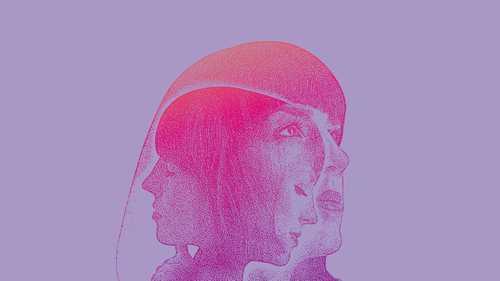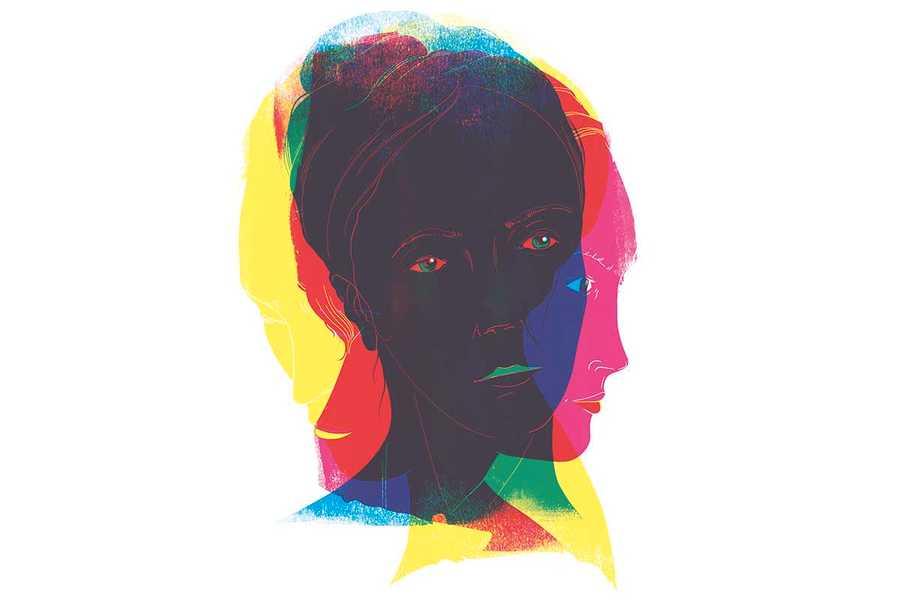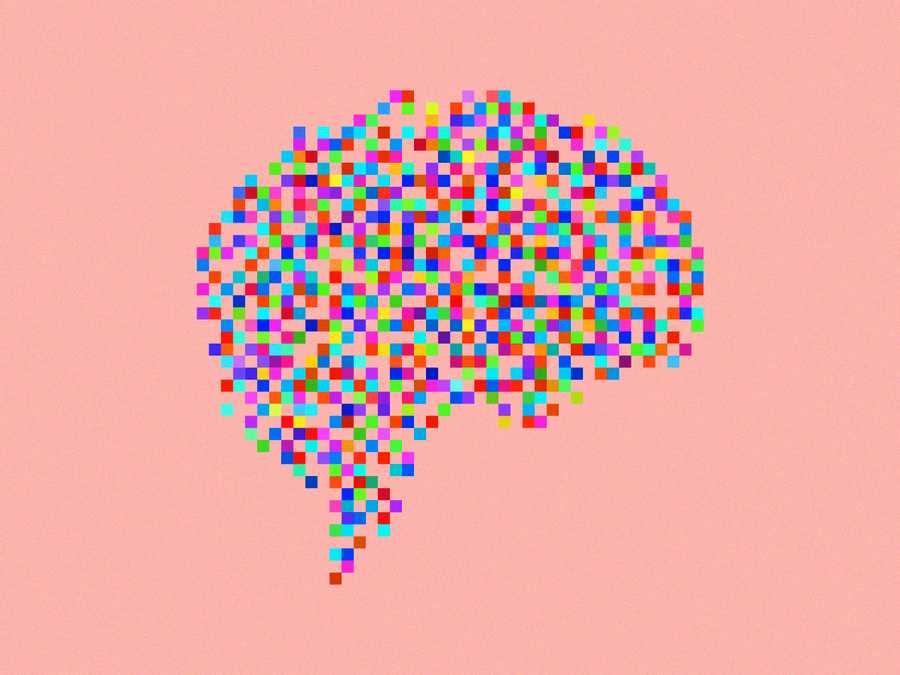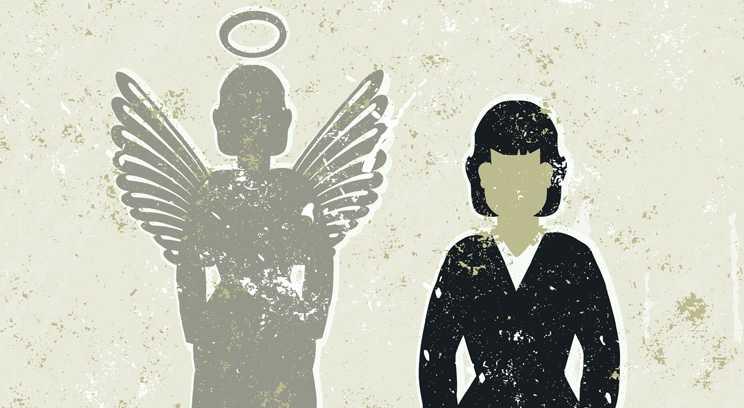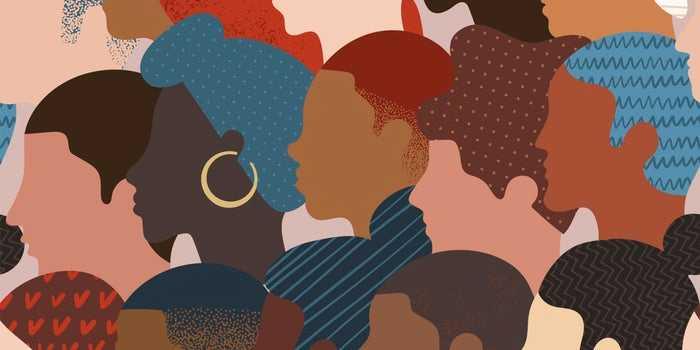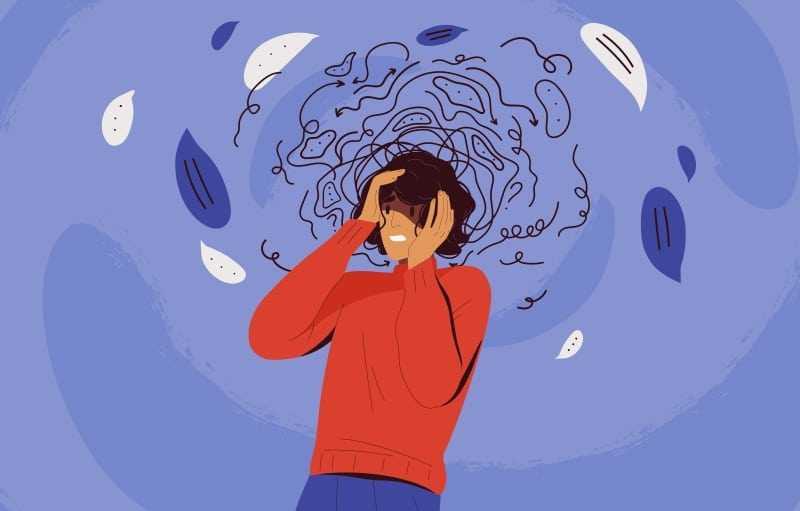Explore the World's Best Ideas
Join today and uncover 100+ curated journeys from 50+ topics. Unlock access to our mobile app with extensive features.
What Is The True Self?
The true self is what people believe is their essence. It's the core of what makes you you; if it was taken away, you would no longer be you anymore. People believe that their true self is the parts of them that are fundamentally morally good.
But it almost certainly doesn't exist. What we know from neuroscience and psychology doesn't provide evidence for a separate and persisting morally good true self buried deep within.
39
251 reads
Theories on the True Self
There might not be a satisfying answer but it doesn't really matter because of the impact it has on us.
We are in the Age of Authenticity, where ‘be yourself’ is the defining advice in life, love and career.”
John Locke, the English philosopher, thought that the most important component to our identities were our memories. Who we are is what we remember.
However, people think that moral traits are deep down core.
38
161 reads
How Do We See Others?
People attribute positive traits to the true self, and negative traits to something else. And while we usually think about ourselves differently than others, we think that other people’s true selves are morally good too.
37
152 reads
Why Do We See Ourselves As Morally Good?
It could be because it's beneficial for well-being and cooperation, but it could just be how we think about everything. We have a tendency to reflect on a thing's positive traits; this is called psychological essentialism.
When describing the essence of a table, we say it has four legs, and a surface to eat on—the traits of a good table. We don’t describe a broken table. Our notion of the true self may be in line with this essentialist thinking.
36
114 reads
So Why Is There So Much Hate Around?
Though we all believe in a morally good true self, our definition of what's moral varies—and we define the “morally good” part of our true selves based on our own values.
Even when we strongly disagree with someone, it doesn't necessarily conflict with a belief in the true self, since the true self is not married to a person's actions. So when we disagree with someone we think that deep down we hold the same values.
33
147 reads
The Morally Good Bias
A study found that when subjects were asked to think about criminal offenders, people were more willing to say that a person’s true self is morally bad.
The more people think that a person’s true self is morally bad, the more they support retributive punishment. The idea that the true self is just inherently, morally good is a bias that we have.
31
125 reads
Is The Morally Good Bias Helping Us?
If having a morally good true self is core to our identity, then acting immorally isn’t just doing the wrong thing—it threatens our sense of identity and causes a lot of distress.
In response, some people might respond to the distress by denying that they're acting immorally and getting defensive. Others might rush out to do a good deed to reestablish their goodness. These two responses are called moral credentialing and moral cleansing.
32
66 reads
So How Do We Fight This Bias?
We can start with the idea that people “have some essential drive to be morally good, while emphasizing that work needs to be done to realize that with some reliability in practice.”
Acknowledging our belief in a good true self can be a way to appreciate our capacity for goodness. Then, we can focus on "exercising it on a regular basis."
32
62 reads
Pros And Cons Of The Bias
A belief in the morally good self can give a person hope to keep trying in poor circumstances.
Alternatively, it could be fuel for a kind of existential crisis if your life doesn’t match up to your “true self.”
More pressure to "be yourself" or "find yourself" can add to that stress—especially in the self-help realm, where the existence of a “true self,” is a given, not regarded as a cognitive tendency or bias.
You don't have to stop believing in it. You just have to be aware of it as a bias.
35
66 reads
IDEAS CURATED BY
Purvankit khadatkar's ideas are part of this journey:
Learn more about personaldevelopment with this collection
How to create a positive work environment
Conflict resolution strategies
Effective communication in the workplace
Related collections
Similar ideas
8 ideas
7 ideas
Read & Learn
20x Faster
without
deepstash
with
deepstash
with
deepstash
Personalized microlearning
—
100+ Learning Journeys
—
Access to 200,000+ ideas
—
Access to the mobile app
—
Unlimited idea saving
—
—
Unlimited history
—
—
Unlimited listening to ideas
—
—
Downloading & offline access
—
—
Supercharge your mind with one idea per day
Enter your email and spend 1 minute every day to learn something new.
I agree to receive email updates
